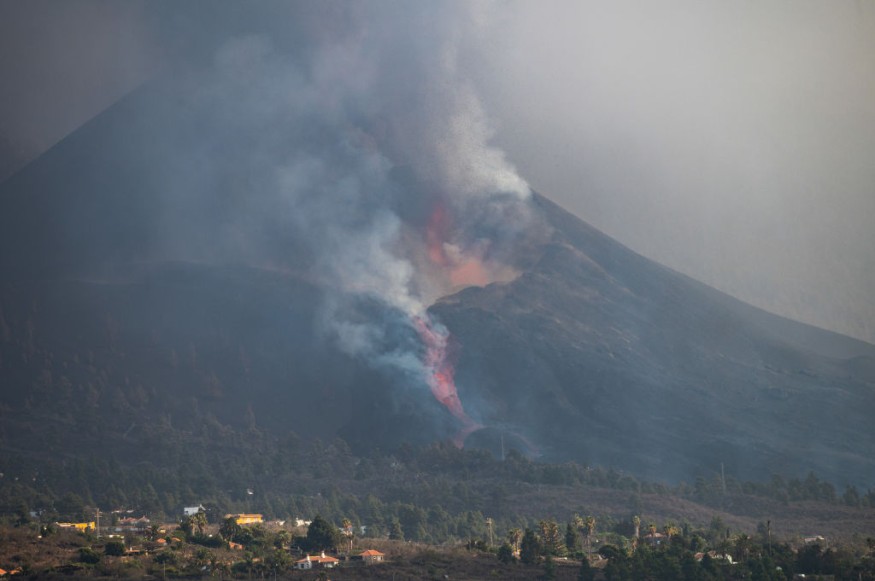Atlantic volcanoes in the Azores archipelago are at risk of an imminent eruption due to the continuance of thousands of earthquake swarms or small quakes for more than a week.
Volcanic activities are showing indications this may be the case, prompting local authorities to issue an emergency evacuation.
Volcanologists are alarmed due to the threat posed by a major eruption or a powerful earthquake, local officials have been on high alert and are monitoring in case the situation gets worse, which can end the Azores' 204-year streak of having no major volcanic eruptions.
Security Measures

On Sunday, March 27, Portuguese President Marcelo Rebelo de Sousa visited Sao Jorge Island in the Azores archipelago to attend a briefing on the situation and as a means to calm the local population.
President de Sousa also visited the town of Calheta where residents have the highest risk.
Dozens of Portuguese soldiers have also been deployed to the island in preparation for a potential widespread evacuation.
Large tents that can accommodate around 100 people have also been established.
Municipalities on the island have also converted multiple facilities into temporary reception centers.
Additional resources will be sent to the island next week to help the local populace, according to Major Rodolfo Romeiro of Portugal's armed forces, as cited by Reuters.
The Azores islands are located in the Northern Atlantic Ocean, which is a territory of Portugal.
Risk of Small Earthquakes
More than 14,000 small earthquakes have been rattling the archipelago since March 19, volcanologists have termed these tremors as earthquake swarms.
Although they range from low to moderate intensity, experts fear that they can result in a single or cascade of catastrophic geological events, which can trigger an imminent eruption from Atlantic volcanoes and a major earthquake in the region.
Earthquake swarms are weaker than a mainshock or an aftershock, according to the United States Geological Survey (USGS).
However, these small quakes have the potential to cause significant volcanic activities due to their large number and frequent occurrence.
Some of the tremors have reached a magnitude of up to 3.3 based on the Richter scale, as per Reuters.
There is still no reported significant damage that could cause casualties or a tsunami in Sao Jorge and its surrounding islands in the Azores as of Monday, March 28.
Notable Eruptions and Earthquakes
In 2021, the nearby Spanish Canary Islands underwent a volcanic eruption from the Cumbre Vieja volcanic ridge which consists of the La Palma island.
Since then, countries in the region, including Portugal, remained vigilant should a so-called mega-tsunami spread across the Atlantic Ocean.
The eruptions yielded no casualties but they destroyed over 3,000 properties, including houses, churches, and schools on the island, as per the BBC.
Thousands of residents were also forced to evacuate due to the flow of molten lava.
In 1808, a colossal volcanic eruption occurred when the 'Bocas de Fogo da Urzelina' or Urzelina volcano triggered an explosion near the community of Urzelina in Sao Jorge Island in the Azores islands.
The eruption emitted a large amount of ash and lava which affected a wide area, killing 30 people.
In 1755, Portugal's capital city of Lisbon incurred a major earthquake known as the "Great Lisbon earthquake" that killed approximately 60,000 people.
Frequent earthquakes do occur in Portugal and its surrounding regions in Europe since the country is situated above the Lower Tagus Valley (LTV) fault line zone characterized by increased seismic activities.
© 2025 NatureWorldNews.com All rights reserved. Do not reproduce without permission.





